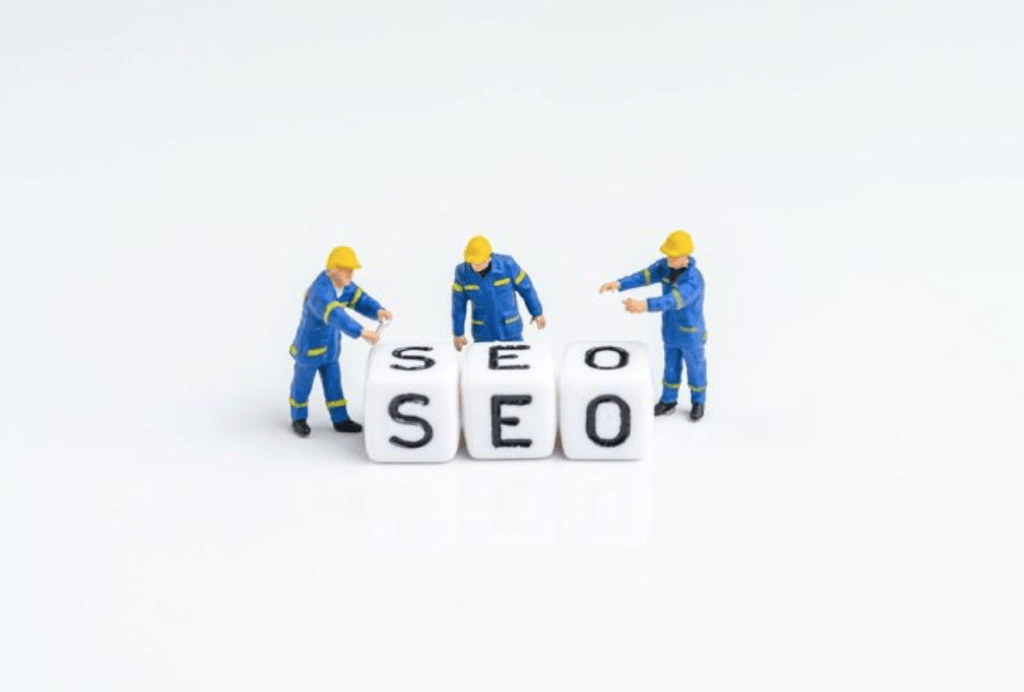Search engine optimization is the process of improving how Google (and other search engines) judge your webpages, with the goal of raising your pages’ rankings within search engine results. Generally, the higher you are in the search results, the more likely web users are to click through to your site, and the more visitors your website has, the more customers you are likely to make.
SEO is part science, part art — and it is best managed by knowledgeable experts. However, if you want your business’s SEO to have an impact, you need to understand a bit about the field. Here’s a quick guide to some of the most important terms within SEO, to get you started on your SEO journey.
Algorithm
Contents
In SEO-speak, an algorithm (or algo) almost exclusively refers to the formula a search engine uses to crawl and index the web and rank search results. Algorithms are constantly changing, and not all search engines let you know when they publish updates or what those updates entail.
Query
A query, also called a search query, is what web users type into a search engine. In the past, queries were largely broken language, like “Eiffel Tower + height,” but these days, search engines are powerful enough to understand the intent behind more natural language, like “How tall is the Eiffel Tower.” Queries dictate things like anchor text for links and keywords (more on those later).
SERP
SERP stands for search engine results page, or the page a web user sees after submitting a query.
Crawling
The process by which search engines scour the web for new webpages is called crawling. Often, SEOs will talk about “spiders” crawling the web, but in truth it is just another element of the algorithm.
Indexing
After a search engine crawls a new or updated page, it indexes that page, which means it stores the page in its database and organizes it according to the content it contains.
Webmaster Guidelines
In the spirit of fairness, search engines publish guidelines explaining how their algorithms crawl, index and rank. This helps web creators like you develop content that will rank highly and avoid penalties.
Keywords
Keywords are words and phrases that effectively define your website and your content. Search engines use keywords to link your webpages to search queries — so it is best to use keywords that your audience is using to search.
Backlinks
Also called inbound links, backlinks are links located on other domains that point back to a page on your domain. Search engines tend to use backlinks to understand which pages are authoritative and deserve to rank highly in the SERPs.
Anchor Text
The text linked in your backlinks are incredibly important tools for telling search engines what the linked page is about. You should try to use keywords based on specific queries as anchor text — but anchor text trends change frequently, and you don’t want your anchor texts to get outdated.
NoFollow
Some backlinks might be marked with a tag that says “nofollow.” These do not influence your search ranking, and you should try to limit the number of nofollow links you accrue.
Featured Snippets
Some search engines offer featured snippets, which are answer boxes located at the top of the SERPs that strive to give web users direct answers to their queries. On one hand, this can make search clickless, meaning less traffic is driven from search engines; on the other hand, it means webpages featured in snippets have even more opportunities to attract attention and convert.
Local Pack
The local pack is a type of featured snippet that shows three business listings for queries that seem to indicate an effort to find local services. Local SEO is an entirely different beast from typical SEO, so it is best to find an agency that specializes in it — like these SEO services in Phoenix.
KPI
A key performance indicator, or KPI, is a value that helps you measure how effectively you are achieving your goal. SEO should always have associated goals, so you can more effectively guide your SEO efforts.
Black Hat
You want to avoid black hat SEOs at all costs. Black hat SEO tactics might get you great results fast and inexpensively, but they will hurt your website’s ability to rank in the long term. You should beware SEO services that seem too good to be true because they are probably black hat.
By no means are these the only terms you need to succeed in SEO, but this introduction to SEO could help you in choosing the right SEO services and navigating effective SEO strategies.

